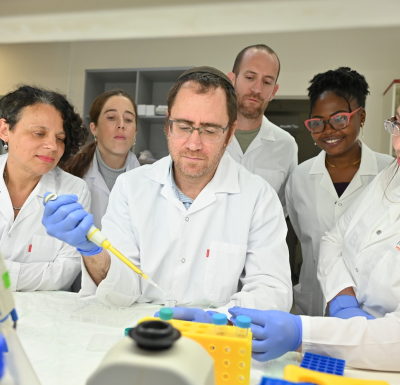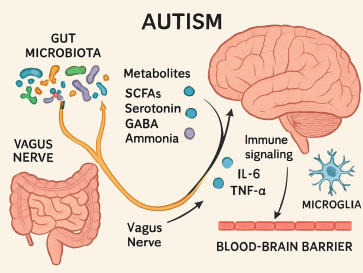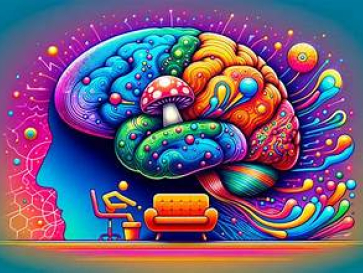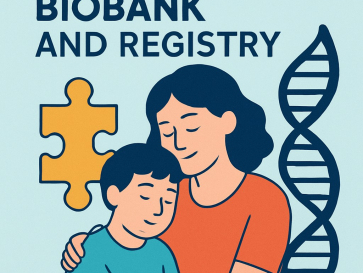From Autism to Psychedelics
The Molecular Neuroscience laboratory aims to perform high quality research into the molecular mechanisms underlying normal neurodevelopment and neurodevelopmental disorders, particularly autism. This basic research is done with an eye towards translational research into therapeutics that can help individuals with neurodevelopmental and other neurological disorders.
The most recent specific subjects being explored within these aims are the gut-brain axis in autism, epigenetics, and psychedelics
The tools used in our lab include behavioral and molecular examination of transgenic mouse models as well as in-depth molecular profiling of biological samples from individuals diagnosed with autism.
Lab contact information:
Building B Room 004 Faculty of Medicine, Bar-Ilan University Safed, 1311502 Israel
Fields of Interest
Recent Publications
Autism Research
Autism Research
Our research looks at how the body’s peripheral systems, from the microbiome to the immune system, interact with the brain and shape social behavior in autism. The discoveries we’ve made may help unlock new ways to understand and treat the condition.
Contact Us
Optional Sub Title




